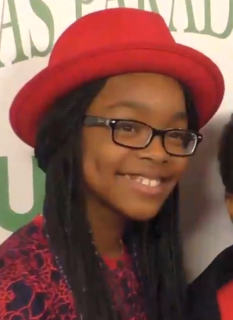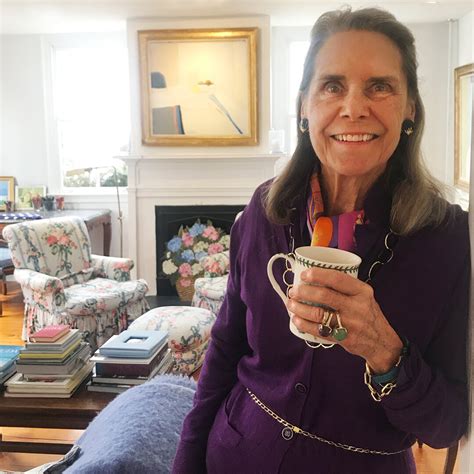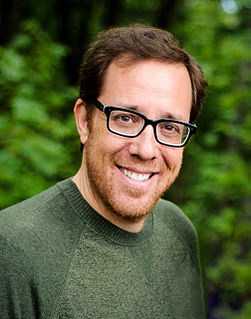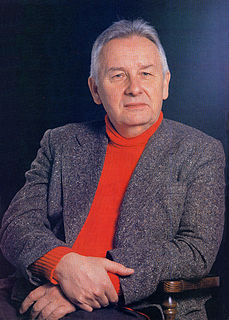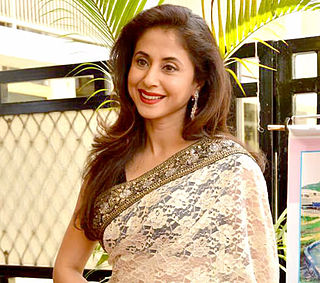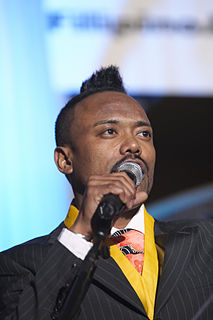A Quote by Marsai Martin
The audience will understand something that's very authentic, and that's all that I want to create.
Related Quotes
you never know which thing you do is going to turn out to be important. I'm sure we've all done very small things that had very great impact and very big things that didn't make any difference. So, create the means that best reflect the ends we want. Try to make each moment authentic, and you'll get to an authentic end.
The audience does not need to tune themselves to you - you need to tune your message to fit them. Skilled presenting requires you to understand their hearts and minds and create a message to resonate with what's already there. Your audience will be significantly moved if you send a message that is tuned to their needs and desires. They might even quiver with enthusiasm and act in concert to create beautiful results.
You want the audience to get your movie, and you want the audience to like it. It's as simple as that. If they don't understand what you're trying to say, you've failed. Of course, you can't get 100 percent of the crowd to understand the movie, but you know when you've reached the people you want to reach.
An actor uses his body as a tool and an instrument. In the same way a musician plays an instrument, the actor uses his body to convey feeling and emotion. An animator uses a pencil or a computer to create the same thing, the same exact way... An actor is taking words that are not his own, and he has to bring some kind of authentic life to those words. It's the same goal, to create this authentic life. Even if it's a drawing, or if it's a cartoon, you're still trying to create authenticity because, if the character emotes authentically, it has a power to connect with the audience.
The important thing is to be able to understand anyone who has something useful to say. - There is a general moral here. Be very careful and very clear about what you say. But do not be dogmatic about your own language. Be prepared to express any careful thought in the language your audience will understand. And be prepared to learn from someone who talks a language with which you are not familiar.
I do not choose my listeners. What I mean is, I never write for my listeners. I think about my audience, but I am not writing for them. I have something to tell them, but the audience must also put a certain effort into it. But I never wrote for an audience and never will write for one, because you have to give the listener something and he has to make an effort in order to understand certain things.
I don't know, it's dorky. Just like quotes and stuff. Something I want to see everyday or something I want to be there. I don't know. I can put a hole in the wall if I want. It's mine. It's very simple. It's a very tiny house, but I can do whatever I want to. I can rip up the terrible vinyl floor and recycle it. Just create a good space. A quiet place to be.
When we make films - even 2D films - you're always trying to create this illusion of 3D, anyway. You're trying to create a believable world with characters walking, in and out of the perspective, to create the illusion that there's a world. The desire and drive to create this illusion of three-dimensional space is something that is true about every kind of film because you want the audience to really be experiencing it, first hand. It's a natural extension of the storytelling and the process of filmmaking.
